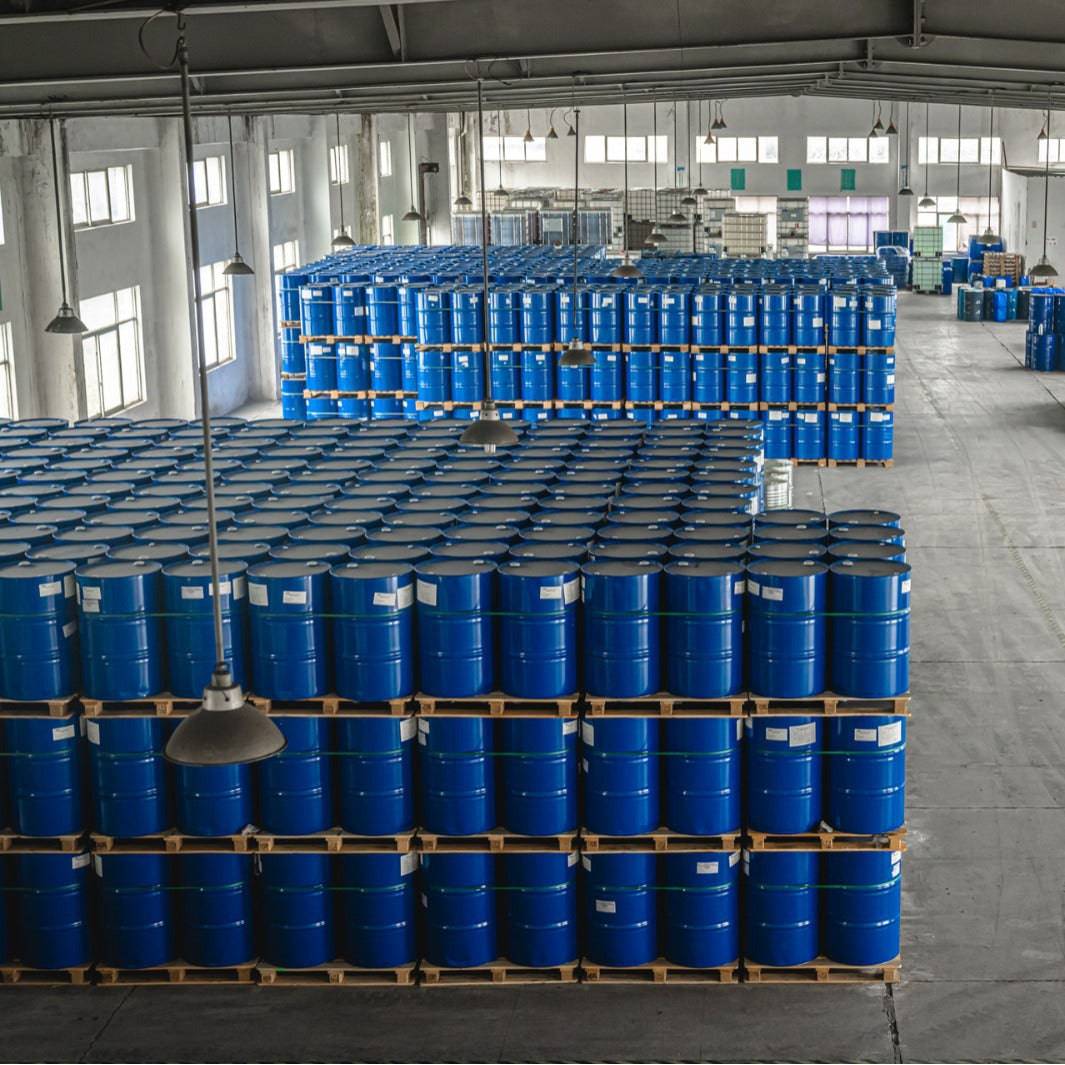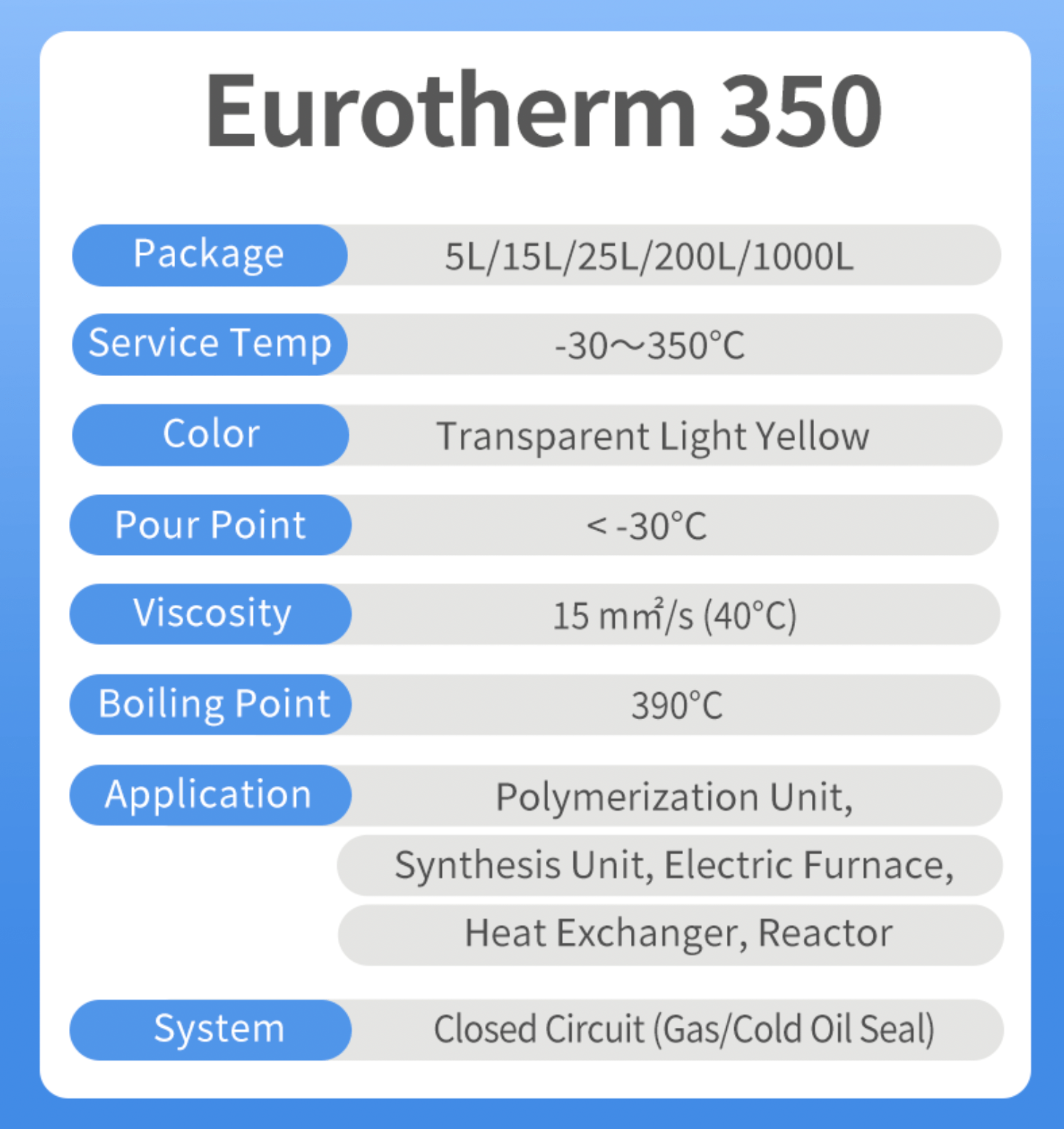What Does Chemie Do?
What Does Chemie Do?
Blog Article
Not known Details About Chemie
Table of ContentsThe Definitive Guide for ChemieChemie - The FactsThe 8-Second Trick For ChemieChemie Fundamentals ExplainedThe Main Principles Of Chemie The Only Guide for Chemie
A tool that enables elements (fans, controllers, pumps) to be replaced or included in an IT/Cooling system without disrupting its operation. Hydrophilic is a building of a product or surface that is brought in to water and permits water to spread throughout or permeate it, making it "water-loving." Hydrophobic is a residential or commercial property of a product or surface area that wards off water and does not quickly allow water to spread out throughout or permeate it; it repels water.(https://sketchfab.com/chemie999)Access Protection (IP) is a conventional used to specify the securing effectiveness of electric enclosures versus invasion from foreign bodies (devices, dirt, and so on) and moisture. It is specified in the worldwide typical EN 60529 (British BS EN 60529:1992, European IEC 60509:1989). Score Access Protection (IP) ratings determine a tool's resistance to solids and water.
Insulation are materials or techniques used to lower the transfer of power between two things or settings. With regards to data facilities and sustainability, ISO-14000 is a frequently applied standard.
Facts About Chemie Revealed
Each layer moves efficiently past the adjacent layers with little or no blending. The fluid has a tendency to flow efficiently at reduced speeds without lateral blending, and adjacent layers slide past each other. This process can cause lower warm transfer rates contrasted to turbulent circulation. Hidden warmth is the heat needed to convert a solid right into a liquid or vapour, or a liquid right into a vapour, during a phase adjustment, without modification of temperature level.

A Liquid-to-Liquid Heat Exchanger is a gadget that transfers warm from one fluid to one more without blending the fluids. Liquid-to-liquid warmth Exchangers are frequently made use of in cooling systems to different primary and additional coolant loops.
The 9-Minute Rule for Chemie

It is equal to 1 cubic decimetre (dm), 1,000 cubic centimetres (centimeters) or 0.001 cubic metres (m). In the United States, a litre is equal to 0.264 gallons. A litre occupies a volume of 10 centimeters x 10 centimeters x 10 cm. Litres (Liters) per min is a system of measurement for circulation price, exactly the volume of fluid (in litres) that passes a provided point soon.
An upkeep window is a scheduled duration designated ahead of time by technical, assistance, and service team during which preventative upkeep tasks that could interrupt operations are performed. Preventative jobs may consist of software updates, fixings, or replacements. By conducting these in an upkeep window, you can make sure minimal disturbance and that our system runs efficiently.
An Unbiased View of Chemie
The cooling liquid requires two-way transportation called supply and return. Product compatibility is the capability of various materials to exist or function with each other without mutually destructive effects. It refers to a product's resistance to deterioration, rust, or staining when it enters into call with a various material or chemical - inhibited antifreeze. A Megawatt (MW) is a power unit equal to one million watts of electrical power.

Non-Condensable Gas (NCG) is a gas that does not condense (adjustment from vapour to liquid) under a cooling system and regular compression refrigeration conditions. Non-conductive fluids are coolant liquids that are unable of conducting an electrical existing, commonly referred to as dielectrics.
The Best Strategy To Use For Chemie
Running stress is the stress at which a system or a component of a system runs under regular or specific problems. This is the secure temperature level variety in which a piece of hardware, device, system, or process can run without experiencing destruction in performance, dependability, or longevity. The device will certainly run effectively within a specified operating temperature level range, outside this series of secure operating temperatures, the tool might fail.
Oxidation security is a liquid's resistance to oxidative degradation in time and is an essential top quality criterion. heat transfer fluid. Parallel flow describes the connection in between the flow instructions of the cold and hot liquids. With parallel flow, the fluids take a trip via the warm exchanger parallel to maximize warm transfer
The Definitive Guide for Chemie
Passively cooled is a sort of cooling that makes use of natural convection or radiation to dissipate heat without fans, pumps, or added active parts. Perfluorocarbons (PFCs) are compounds, that are manmade and include carbon and fluorine. Perfluorocarbons are normally colourless, odorless non-flammable gases at environmental temperature levels and mainly chemically unreactive.
Report this page